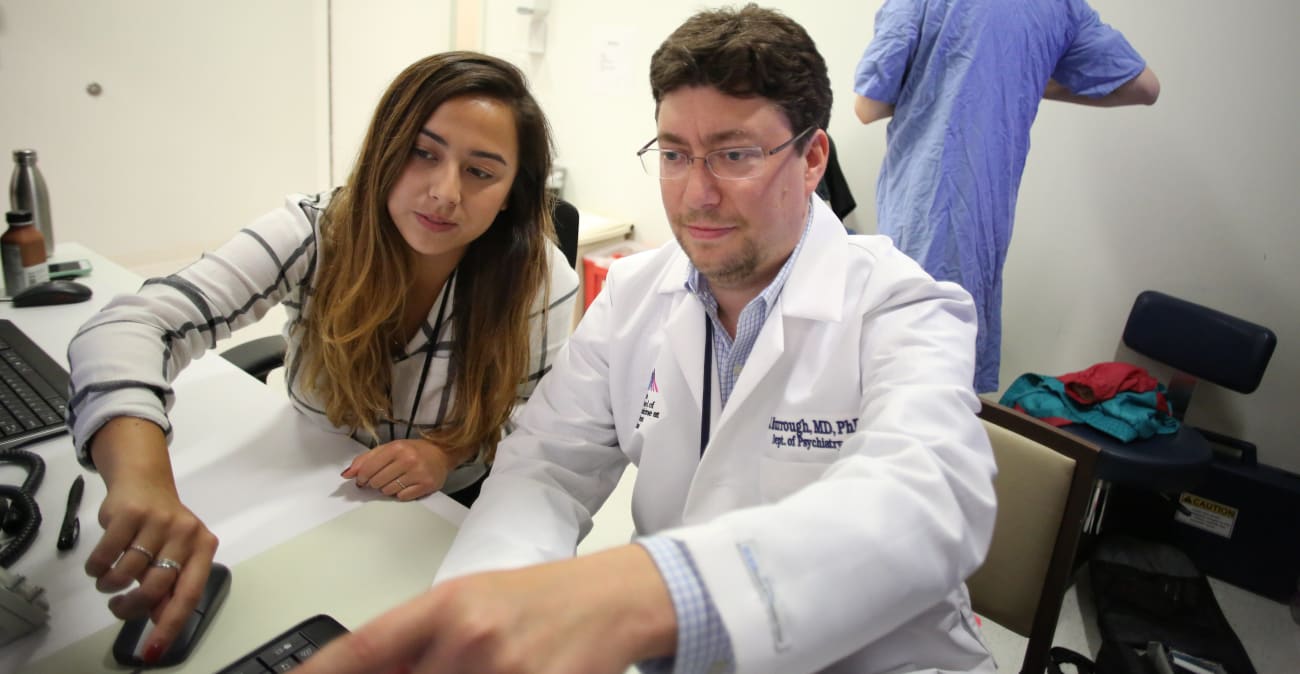
Mount Sinai researchers found that ezogabine (also known as retigabine), a drug that opens KCNQ2/3 type of potassium channels in the brain, is associated with significant improvements in depressive symptoms and anhedonia in patients with depression. Anhedonia is the reduced ability to experience pleasure or lack of reactivity to pleasurable stimuli; it is a core symptom of depression and associated with worse outcomes, poor response to antidepressant medication, and increased risk of suicide.
